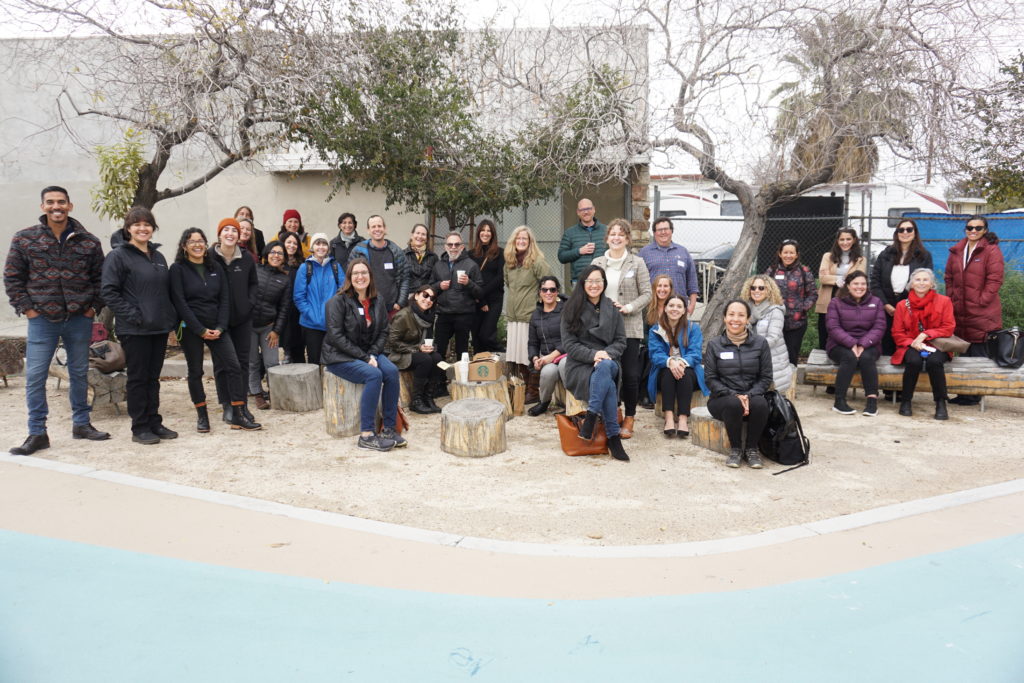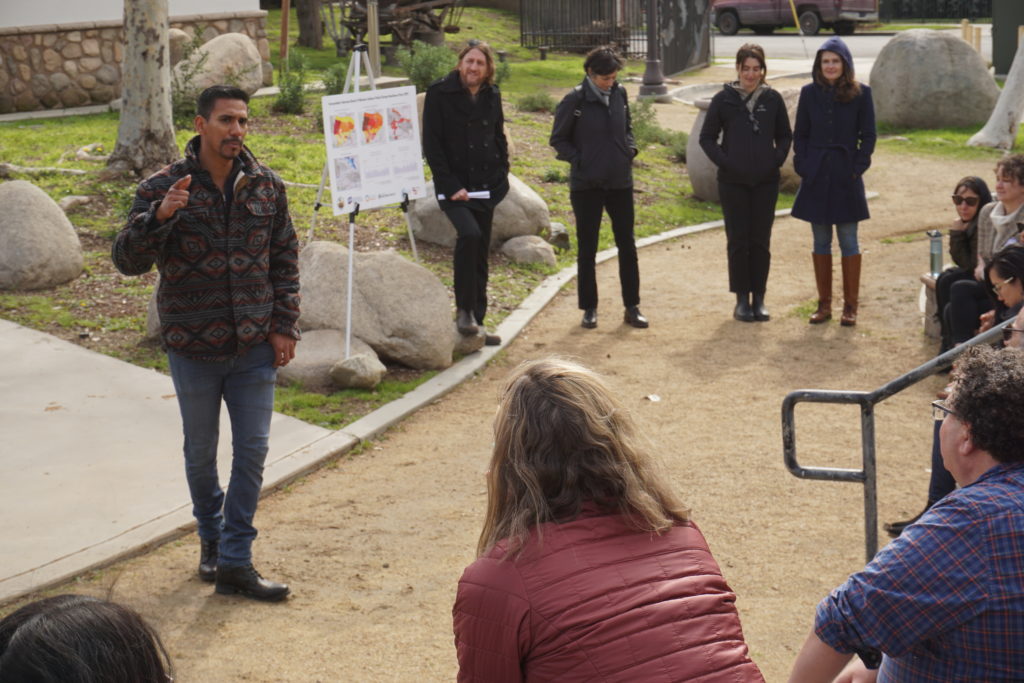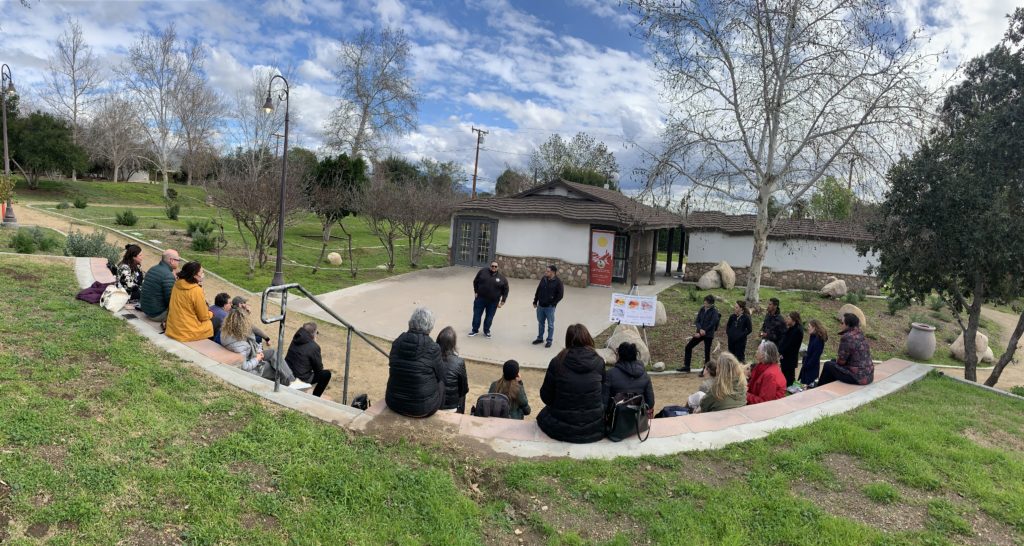
BY Kerry Hastings, Program Coordinator of Urban Water Funders
After a long time apart, the Urban Water Funders were finally able to gather again in person in Los Angeles’ Little Tokyo on January 30-31, 2023. During the last 3 ½ years, the pandemic and escalating climate crises have elevated the crucial role that water plays in our societal health and well-being. Access to clean and affordable water meant life or death for some during the height of the pandemic, and droughts and storms have left many communities with too little water during prolonged droughts or flooded with too much water during extreme storms. At the same time, several historic pieces of federal legislation were enacted to move tens of billions of dollars into water infrastructure over the next several years, causing a rush to ensure all the pieces are in place to support the equitable spending of this money. Need and opportunity are beginning to align in the water space.

All that to say, funders came hungry to connect with each other and to align and strategize on their work together. We are grateful to SpringPoint Partners for supporting an extended and meaningful time of reconnection through their “conversation cards” activity that began our first day (we had a unique Urban Water Funders deck, but you can find the original cards here). We spent most of the day learning from water leaders in LA, including tribal leaders who grounded us in the history of water theft from the local Indigenous peoples. We learned about the diverse OurWater LA coalition that worked together to pass the historic stormwater measure (W) and the ReDesign LA cohort model that trains and supports small frontline serving organizations to apply for, access, and implement projects with public infrastructure dollars. The latter program is a powerful one for funders and other NGOs to learn from as funding navigator-type models are increasingly popular as a way to support communities most in need of water equity projects but least equipped to access public funding.
We ended our first day with an honest and thoughtful conversation with Jonathan Nelson, who works closely with Assistant Administrator Radhika Fox in the EPA’s Office of Water. Jonathan emphasized that technical assistance is EPA’s number one priority and underscored the tremendous federal investments in technical assistance coming from the federal government. He lifted up the importance of funding smaller, community-based NGOs, when thinking about where philanthropy’s resources can be used best. He invited funders to dive deep into relationships with community organizations who are leading the charge to engage people in long-term water equity efforts.
“I am coming back to my work and partners with more inspiration, context, resolution, and grounding to help ensure we can permanently change where green and water infrastructure goes, who benefits from the federal funds, and how they are designed and developed to meet multiple community-driven priorities.”
–Maggie Rwakazina, SpringPoint Partners
Our second day was all about strategizing together with funders sharing their work, strategies, and struggles. We started the day thinking about the broader water ecosystem and how to support collaboration among stakeholders, then dove into how funders engage frontline communities and center equity. We rounded out our day challenging each other to balance how to meet the urgency of this moment, while keeping the long-term vision for water equity in mind, and considering what this influx of spending might cement or unlock. We left ready to roll up our sleeves and get to work.

The UWF Steering Committee and TFN staff are excited to build on the work that was prioritized during our time together. We will continue to program events for funders to learn and strategize together and will explore opportunities for how we may collaborate to better meet this moment. We offer our gratitude to our planning committee, speakers, moderators, and field leaders. You can find more resources that were shared at the convening here.
About the Author
 Kerry Hastings is the Program Coordinator for TFN’s Urban Water Funders Working Group.
Kerry Hastings is the Program Coordinator for TFN’s Urban Water Funders Working Group.
